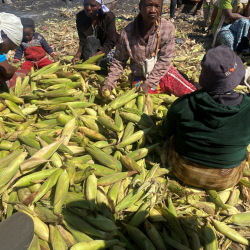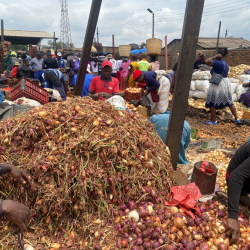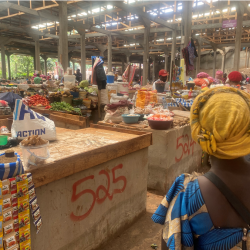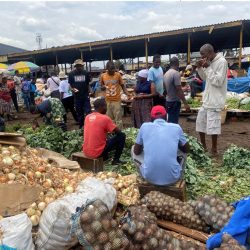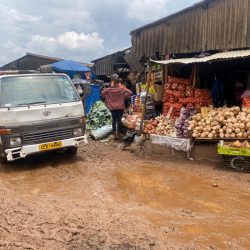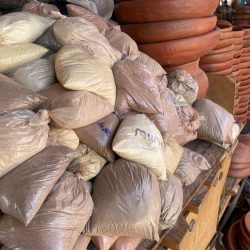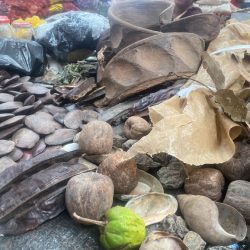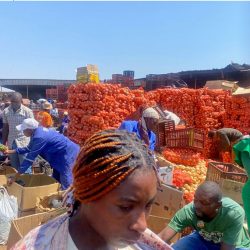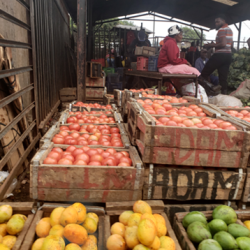When interpretation is more important than statistics
While collecting statistics through crop and livestock assessments is necessary, the most important missing link is interpreting and analyzing what is happening to different value chains. Such interpretations and analyses are the domain of crop and livestock specialists not statisticians. Also important is capturing and analyzing market trends in order to show the return on Read more about When interpretation is more important than statistics[…]

